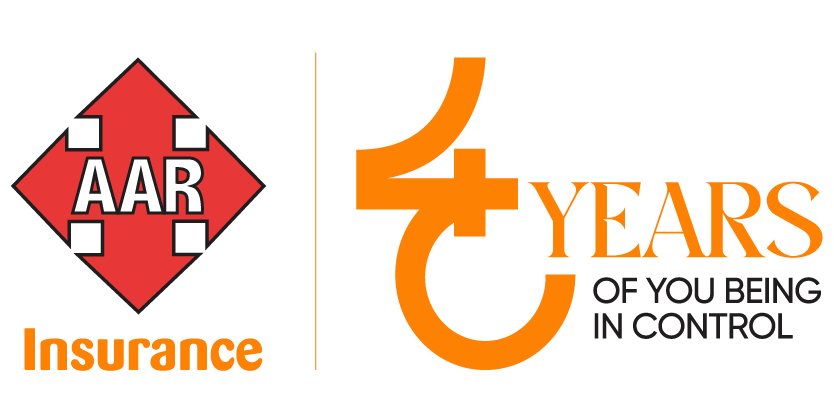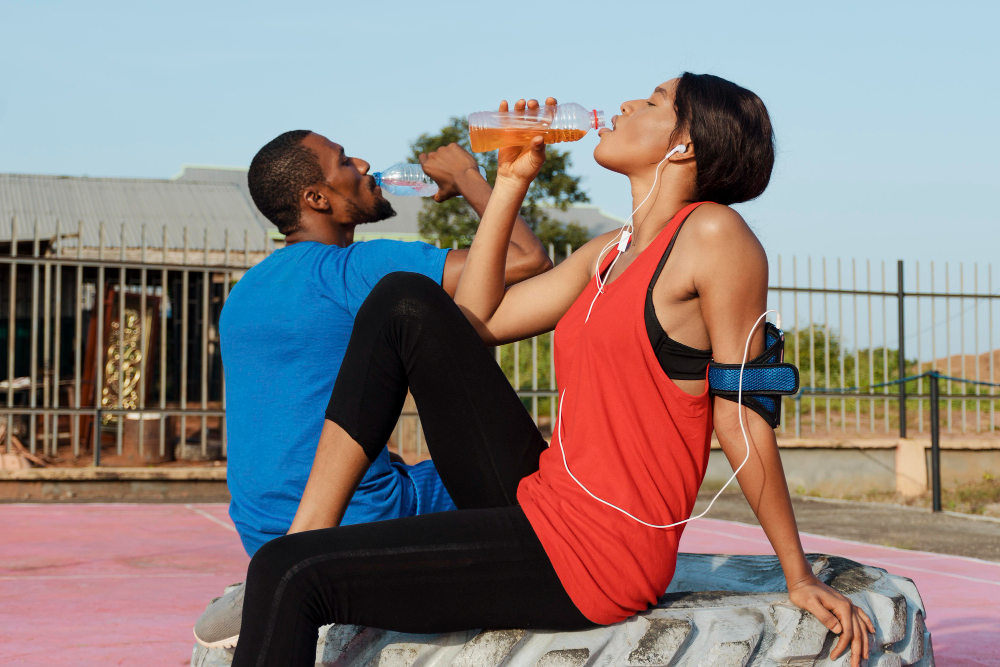“When food is properly combined, the digestive abilities are accelerated, and the nutrients are well absorbed for optimum nutrition which will provide you with power, strength and endurance for peak athletic performance.” Kepha Nyanumba – Nutritionist, Crystal Health Consultants Ltd
Athletic performance is closely associated with the nourishment obtained from your diet before and during a marathon. A marathon trainer’s diet should ideally be comprised of 65 percent carbohydrates, 10 percent lean protein and 20-25 per cent fruits, vegetables and unsaturated fats. Carbohydrates are synthesized into glycogen, which is the primary source of fuel. Proteins help repair muscle tissue, which is at risk of wear from the entire running. Fruits and vegetables are essential for the supply of minerals while unsaturated fats often act a secondary source of energy. To obtain maximum benefit from the diet, always observe appropriate food combination. When food is properly combined, the digestive abilities are accelerated, and the nutrients are quickly absorbed for optimum nutrition which will provide you with power, strength and endurance for peak athletic performance

What to Eat Before, During and After a Competition
Before you go out for a competition, you should neither feel starved nor stuffed. If you feel yourself running out breath, experiencing dizziness, confusion and lethargy or getting cranky while running, then the chances are that you haven’t had enough pre-fuel and your blood sugar is not within range. The rule of thumb is to eat a light, easily digestible snack one hour before your run. Light energy giving foods such as cereals, oatmeal, yoghurt and light peanut butter sandwich are good choices. Ideally, 150 to 200 calories for 30- 60 minutes run will do quite well.
Refuel within 30- 60 minutes after the marathon. In this 30- 60 minutes window, muscles are at a better position to take in the nutrients and glycogen to rebuild the stress they have just endured. Done right, recovery meal / snack prevents further muscle breakdown, optimizes glycogen stores and promotes adaptation to training. Omit it and your muscles will remain sore for hours or days.
Other Dietary Interventions.
- It is helpful to watch what goes into your body. Processed foods, artificial sugars, food colorings, and artificial flavorings can all be harmful to your body and reduce your chances of achieving maximum athletic performance.
- Raw organic foods will give your body the vitamins and minerals it needs to stay healthy. Some healthy snack options would be carrot sticks, peanuts and apples.
- Choose complex carbohydrates to ensure you have sufficient glycogen stores to support your muscles’ performance.
- Reduce to a minimum or cut out alcohol altogether. It acidifies the system and is, naturally, a toxin.
- Daily intake of green leafy vegetables and fruits will make you feel better; give you more energy, and vital nutrients. Do not overcook vegetables. When vegetables are overcooked, they lose all the important vitamins and minerals for athletic performance.
- Avoid highly acidic foods. These foods affect the levels of the macro-minerals such as magnesium, required for ultimate muscle function and support that is needed for superior athletic performance.
Dietary Tips During the Race Day
- Ensure your pre- race dinner (the night before the race) comprises of lean proteins and complex carbohydrates. Avoid fatty foods as they take longer to digest.
- Have a “mini” meal an hour or two before the marathon
- Avoid sugars and sweets, especially soft drinks, less than one hour before the race. These foods will give you quick energy, but it won’t last long.
- Do not try new foods before a competition. You may have trouble digesting a food you have never eaten before.
- Once you finish the race remember to refuel.
Hydration
Hydration is a huge part of a marathon. Sip as much water as you can 30 minutes before the marathon. Water should be part of your recovery meal too. But don’t just take water only; you also need electrolytes to restore the body’s electrolyte balance. Foods containing minerals, especially fruits and vegetables restore this balance.
Kepha Nyanumba (Consultant Nutritionist), Tel: +254 (0) 723 103 028 / 706 253 934, Email: knyanumba@chc.co.ke / kephanyanumba@gmail.com…Follow me on twitter: @knyanumba or Blog: kephanyanumba.blogspot.com.












